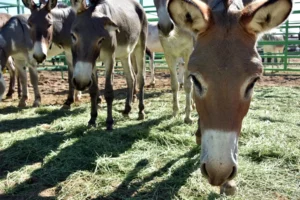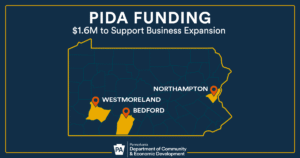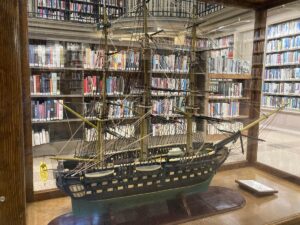Villanova Researchers Aim to Enhance Hurricane Preparedness Following Devastating Storms
As Hurricanes Milton and Helene wreaked havoc across the southeastern United States in October 2024, researchers from Villanova University embarked on a critical mission to examine the aftermath. Led by Dr. Jonathan Hubler and graduate student Sarah Burghardt, the team sought to gather insights that could improve future hurricane preparedness and response.
Jonathan Hubler, PhD, collecting data with the NEER and GEER team
With Florida experiencing billions in damages, the Villanova team joined forces with experts from the Nearshore Extreme Events Reconnaissance (NEER) Association and the Geotechnical Extreme Events Reconnaissance (GEER) Association. Sponsored by the National Science Foundation, this initiative aimed to assess the immediate effects of the storms and gather valuable data to enhance the understanding of hurricane impacts.

Sarah Burghardt, Villanova graduate student, using LIDAR technology
The research team focused on key areas such as storm surge, waves, sediment erosion, and debris movement across affected regions. “This was a unique opportunity for our team of scientists because our team collected data before the storms so we will be able to analyze the direct impacts of the storms utilizing the post-storm data that we collected,” stated Dr. Hubler. Over 750 miles were surveyed, covering locations like Cedar Key, Horseshoe Beach, and Port St. Lucie, to gather comprehensive pre-storm and post-storm data.

Jonathan Hubler, PhD, using data collection equipment
The collected data is poised to enhance the prediction and mitigation of erosion and evaluate the effectiveness of shoreline protection systems during severe storms. Results will be shared through the NSF’s NHERI DesignSafe-CI, facilitating knowledge exchange within the natural hazards engineering community. Local communities in Florida will also receive pertinent findings to enhance their risk assessments for future storms.
“It was a productive few days spent in Florida as we collected a significant amount of data and covered a lot of ground in a short span of time. I’m grateful to have been included on this research team and that I had the chance to bring one of my students along. This real-world experience in the field will help further her learning as she completes her studies,” Dr. Hubler remarked. The team plans further data collection efforts, continuing their research to discover new strategies for mitigating hurricane impacts.
Read More Here











